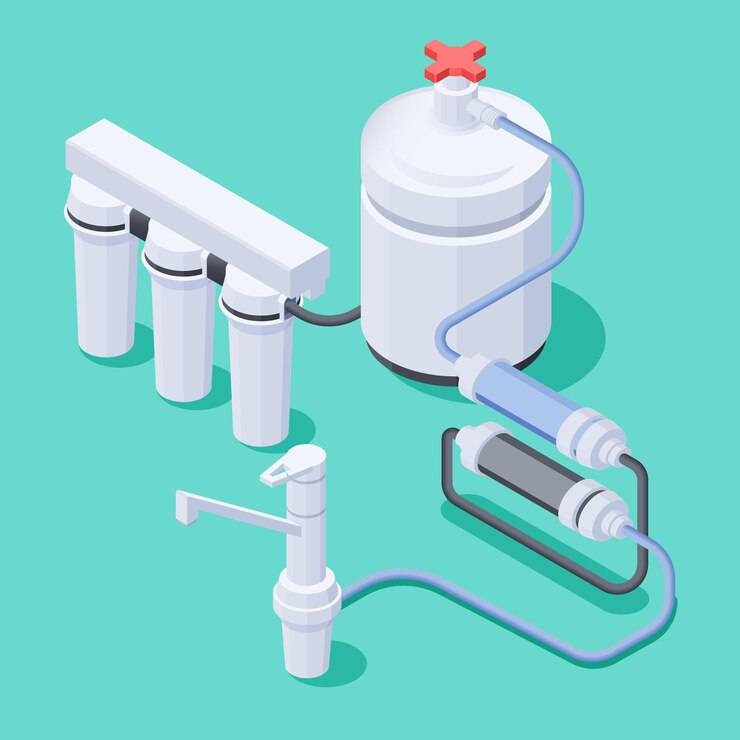Demand for Water Softeners in Residential Sector

Water softeners are becoming increasingly popular in the residential sector as more and more homeowners are realizing the benefits of having one in their homes. Hard water, which contains high levels of minerals such as calcium and magnesium, can cause a variety of issues in a household. These issues range from clogged pipes and appliances to dry skin and hair. Installing a water softener can help alleviate these problems and improve the overall quality of water in a home.
Here are some reasons why demand for water softeners in the residential sector is on the rise:
1. Improved Water Quality:
One of the main reasons homeowners invest in a water softener is to improve the quality of their water. Hard water can leave behind mineral deposits on dishes, fixtures, and appliances, making them look dull and dirty. It can also make it difficult for soap and detergents to lather, resulting in the need for more products to achieve the desired level of cleanliness. With a water softener, these issues are eliminated, leaving homeowners with cleaner and shinier dishes, fixtures, and appliances.
2. Extended Lifespan of Appliances:
Hard water can be damaging to household appliances such as dishwashers, washing machines, and water heaters. The minerals in hard water can build up and cause these appliances to work harder, resulting in increased energy consumption and a shorter lifespan. By using a water softener, the minerals are removed from the water, reducing the strain on appliances and extending their lifespan.
3. Cost Savings:
In addition to extending the lifespan of appliances, using a water softener can also result in cost savings for homeowners. As mentioned, hard water can cause appliances to work harder, resulting in increased energy consumption. By using a water softener, appliances can run more efficiently, leading to lower energy bills. Additionally, with improved water quality, homeowners may also see a decrease in the amount of soap and detergents needed for cleaning, resulting in cost savings over time.
4. Health Benefits:
Hard water can also have negative effects on the skin and hair. The minerals in hard water can leave a film on the skin, causing it to feel dry and itchy. It can also make hair feel dull and difficult to manage. By using a water softener, the minerals are removed from the water, resulting in softer water that is gentler on the skin and hair.
5. Environmental Impact:
Using a water softener can also have a positive impact on the environment. With improved water quality, homeowners may be less likely to use harsh chemicals and cleaners to combat the effects of hard water. This can lead to a decrease in harmful chemicals being released into the environment.
Read More from our latest study on Water Softeners Market report.
Conclusion:
The demand for water softeners in the residential sector is on the rise due to their ability to improve water quality, extend the lifespan of appliances, result in cost savings, provide health benefits, and have a positive environmental impact. With these benefits in mind, it is no surprise that more and more homeowners are choosing to invest in a water softener for their homes.
– Analyst Team
IHR Insights
inquiry@ihrinsights.com

